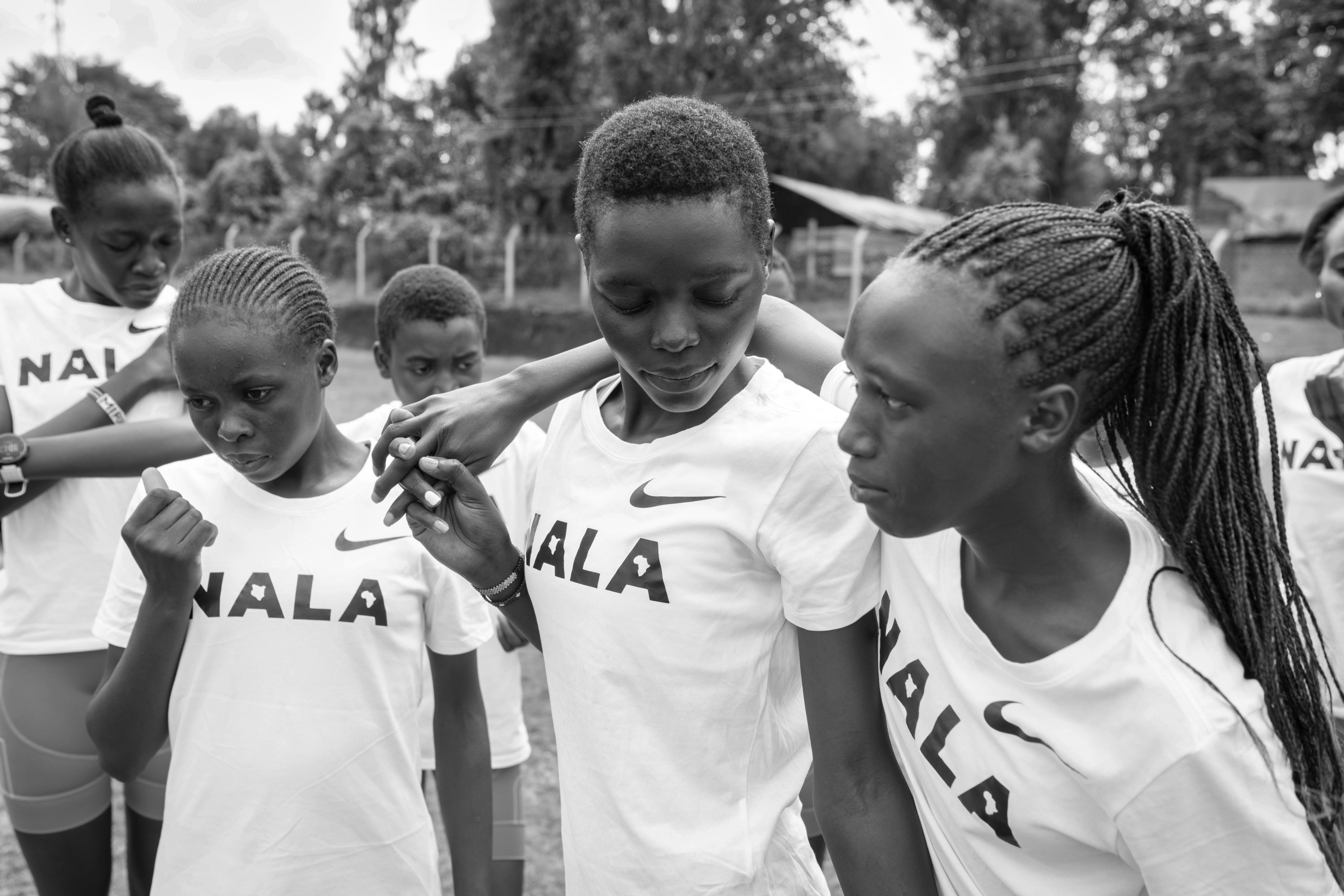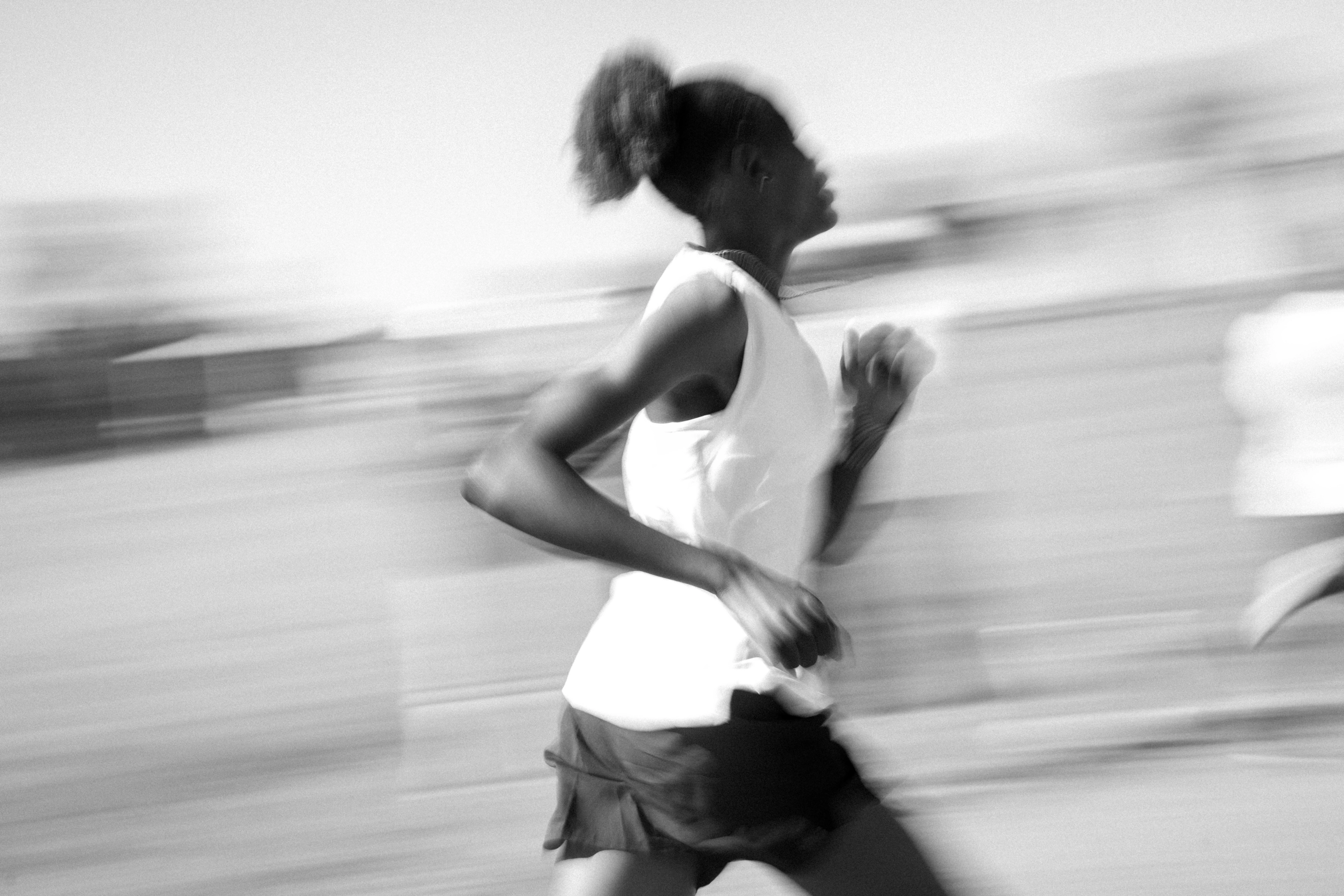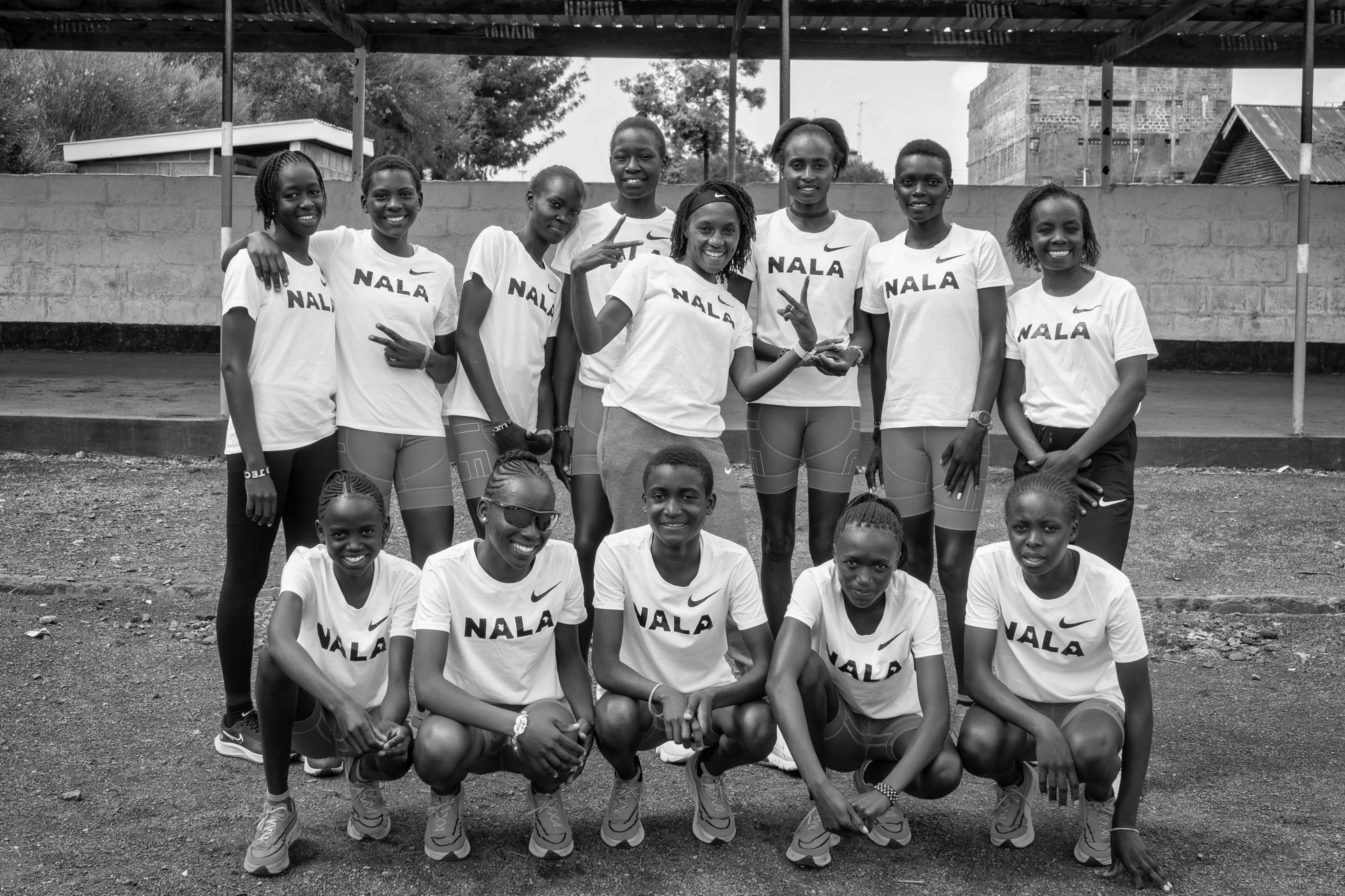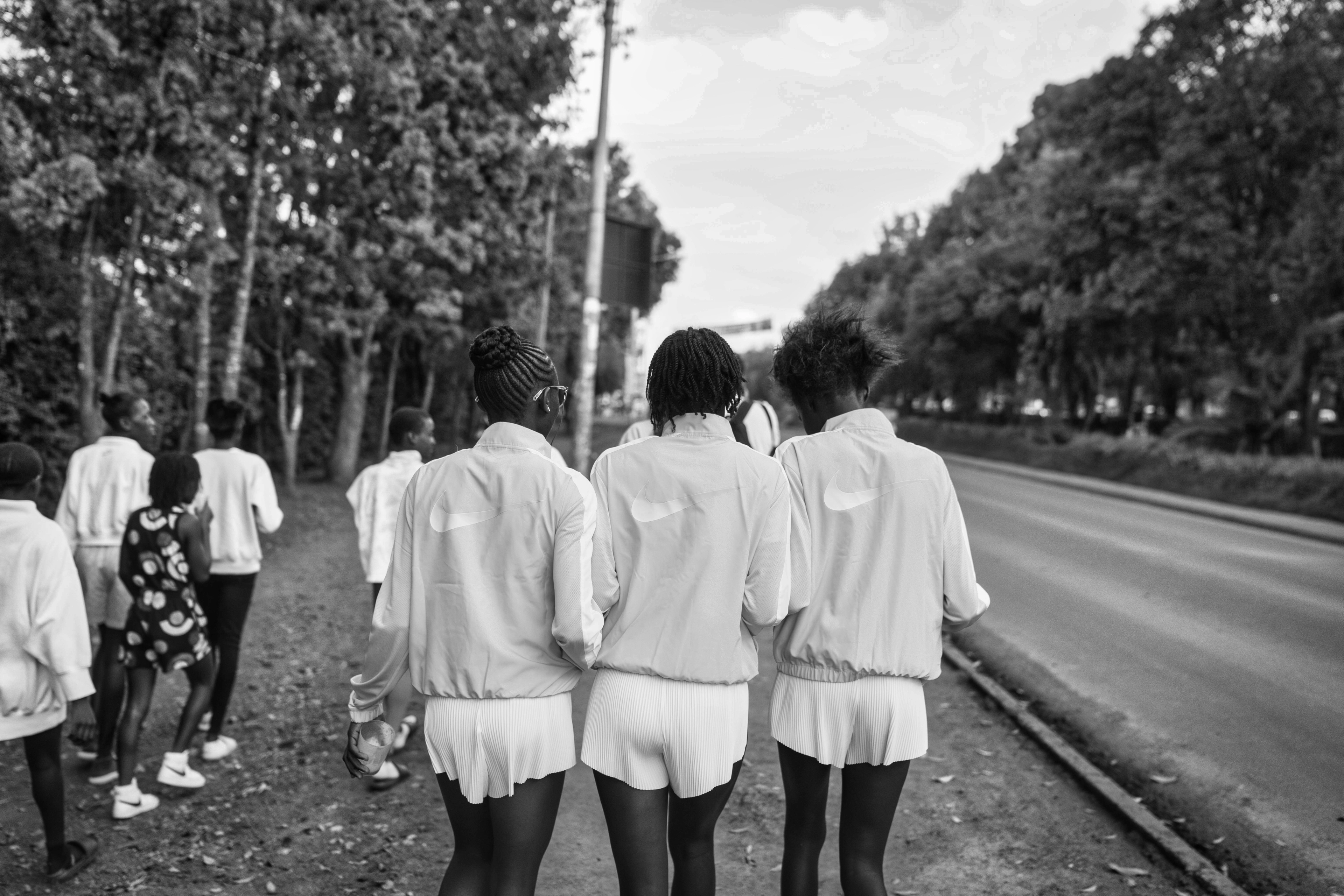Mary Ngugi is transforming the women's running camp experience in Kenya
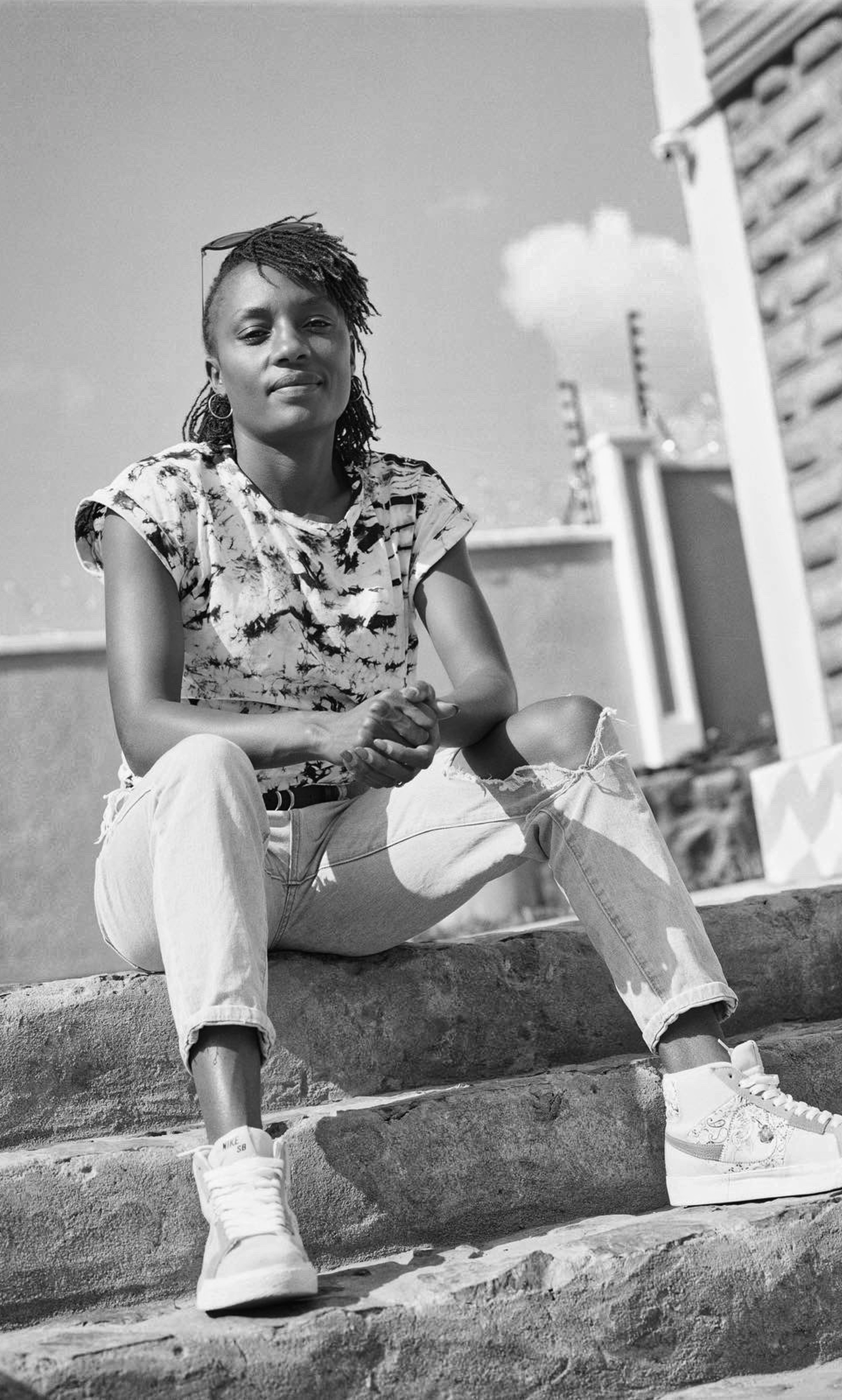

- 14 May 2024
Growing up in Southern Kenya, Mary Ngugi's earliest memories of her mother were of her daily trips to the local river to gather water for her Kikuyu community, located outside Nairobi. The middle-distance champion remembers how rigidly defined her mother's life was, limited primarily to domestic duties. As Ngugi grew older, she worried that her own path to adulthood would be limited to the societal roles of wife and motherhood. So at 17 years old, when her running coach asked her if she wanted to join his local team, she immediately said yes.
Mary quickly became one of Kenya's most promising distance runners, winning the 5,000 metres at the African national junior championships in 2007. And yet, in the midst of her success, she witnessed the still narrow options given to female runners, a reality that stems from the male-dominated training camp and athletics club experience.
"What looks like a good path for promising female runners can be a traumatising experience, especially for younger girls", says Mary. "They're manipulated into making concessions—schooling, permanent housing and motherhood, among others— for the sake of their athletic careers".
In response, Mary was inspired to create Nala Track Club, a female-only organisation founded in 2022 and based in Nyahururu city. Mary wanted to help provide young Kenyan women an opportunity for success in semi-professional running through a supportive and safe training camp experience.
"What looks like a good path for promising female runners can be a traumatising experience, especially for younger girls".
Nala Track Club aims to serve the complete person, not just the athlete, Mary says, adding that the roots of inequality among female and male athletes are viewing people as a fulfilment of skills that will benefit the party in power.
"Athletes are not simply the sum of their performances. Our runners need to know that we care for them as human beings", Mary says. "They matter as human beings far before they join our team, far before they compete in a race. If we only serve their athletic careers, we're missing the most important parts of their dignity as individuals, which has nothing to do with their success in sport".
Mary wanted to flip the script. Nala Track Club needed to offer services that unequivocally took care of the most basic human needs, like food, shelter and education. No trade-offs, no concessions. With a holistic treatment of athletes, though, comes real financial costs, many of which are easy to miss, says Ngugi. Take an athlete travelling home for Christmas—they need transportation. Who helps pay the cost? Or what about an unexpected hospital visit? These less obvious costs are joined by others that go into providing for basic human needs, such as food, shelter and education. Providing a comprehensive athlete training camp experience adds up.
Nike representatives approached Mary last year about the possibility of partnering with Nala Track Club to help with some of the programme's most critical overhead costs. Other money would go towards two key goals that align with Mary's hopes for the future of Kenya's female runners: developing more qualified female coaches in Kenya, and helping fund more in-residence scholarship opportunities for runners.
These areas of investment connect back to Mary's beliefs about representation. You can't be what you can't see. If more young girls see a path for becoming a coach, embodied in a figure from their real life, they're more likely to pursue the career. Witnessing these alternative paths can open up a world of options for young girls.
Mary scrutinised other details of the modern training camp experience. She wanted girls to see themselves reflected in the many occupations that the adults in the camp held, even if those jobs weren't directly tied to athletics. Chris Cooper, a photographer from Europe and Mary's husband. He remembers a conversation he had with Mary about bringing in more female photographers to chronicle the camp experience.
"Mary insisted on that from the early days", says Cooper. "We asked ourselves, 'What impression is this giving if the girls only see a white male from Europe taking our photos? Let's train more female photographers in-house so that these girls can picture themselves being photographers too".
The same approach held true for occupations like physiotherapists, or physios. Rather than enlisting male physios to join the camp, Mary and her staff sought out female physios so young girls could see themselves in careers outside the world of pro athletes.
Reflecting on the impact of Nike's partnership, Mary calls the relationship "life-changing".
"The cost of running the camp is very demanding", says Ngugi. "I'm entrusted to feed these girls, to give them a place to live. Nike stepping in to help changed everything. We're able to absorb those costs, and we're also able to take in more girls to our camp, in addition to expanding the programme's impact by training coaches. Their help was everything we needed".
"Athletes are not simply the sum of their performances. Our runners need to know that we care for them as human beings".
What else can female runners expect from the camp? A fully funded education, including courses on the business of sport, English lessons twice a week, on-site medical visits and more. Mary wants to give other girls the freedom to see life as more than a binary decision—go to this camp or become a mother; run professionally or receive schooling. For Nala Track Club to be successful, the measurement shouldn't be the number of runners who qualify to compete at the international level. No record broken will justify its existence.
"Winning is more than crossing the finishing line in first place", Mary says. "Many people have won at the top levels of their sport, and they've been forgotten. What makes people remember you is when you touch their lives. Nala Track Club will win if it changes lives. That's what we're working to do".
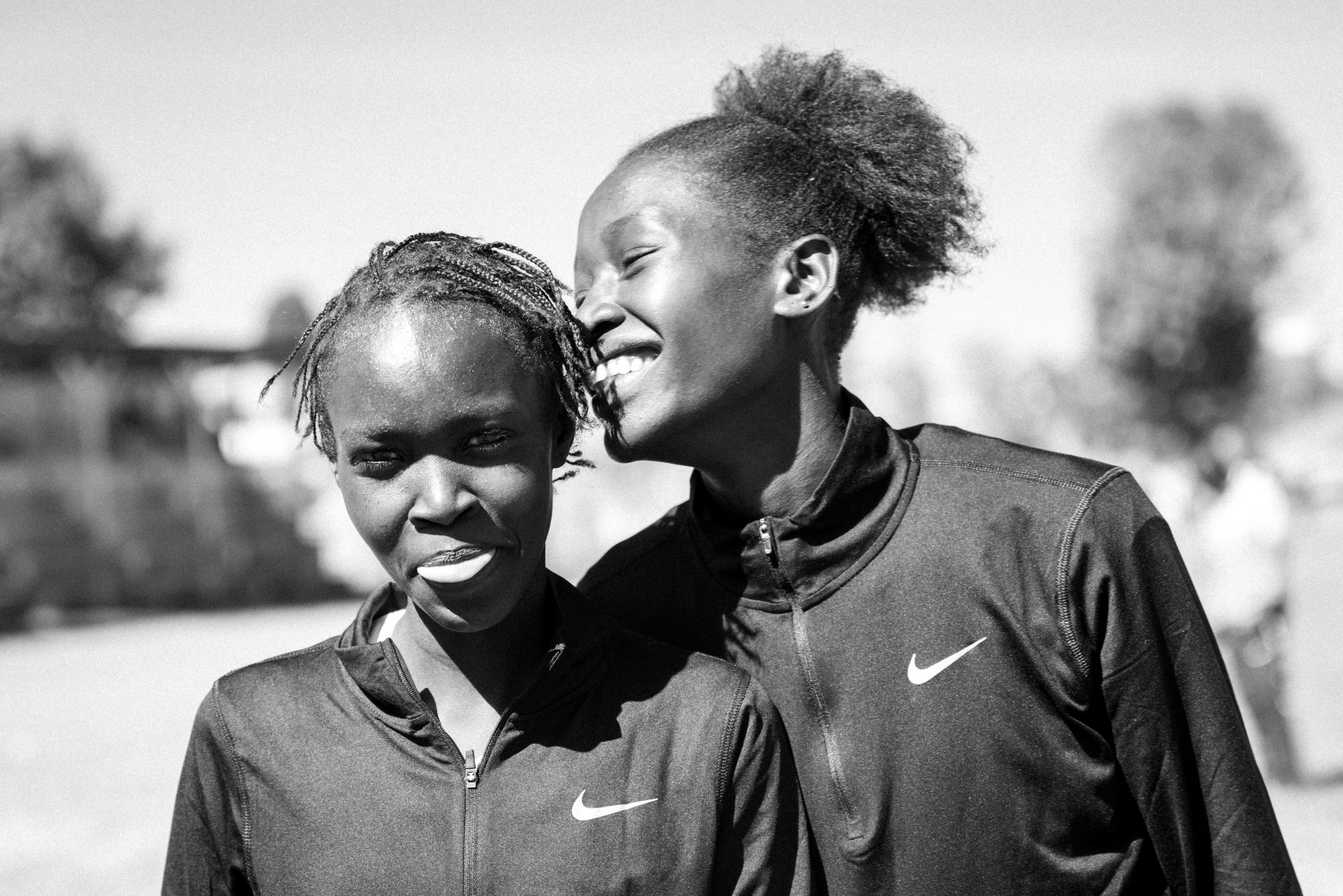
"What makes people remember you is when you touch their lives", says Ngugi. "Nala Track Club will win if it changes lives. That's what we're working to do".
